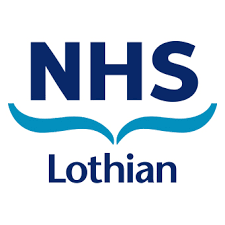Asplenic/splenectomy prophylaxis

Warning
What's new / Latest updates
08/07/25
- Added section on COVID-19 vaccination – to see latest national guidance and Green Book.
- Removed advice regarding pneumococcal antibody level testing.
- Updated Antibiotic Prophylaxis section on page 7 regarding high-risk age group.
- Added advice on discussing/counselling risk and benefits of continuing life-long antibiotic prophylaxis for low-risk patient group.
- Updated webpage for travel guidance.
- Updated PHS link on discharge checklist.
- Added a sentence regarding reviewing long-term antibiotic prophylaxis on discharge checklist.
- Updated references.
24/09/25
- Clarify wording regarding asplenia/ hyposplenism. Ensure consistency throughout document.
18/11/25
- Add “MenQuadfi” new brand of MenACWY quadrivalent conjugate vaccine.
Since the British Society of Haematology (BSH)'s last guideline update in 2011 on the prevention and treatment of infection in patients with an absent or hypofunctional spleen, the BSH has published new updates of the guideline in April 2024 with the following main changes:
- Pneumococcal antibody level testing is no longer recommended.
- Lifelong antibiotic prophylaxis is no longer required for all patients who have undergone splenectomy (note all patients should still be on antibiotic prophylaxis for a minimum of 2 years post-splenectomy).
- Change in high risk age group and risk factors for lifelong antibiotic prophylaxis.
- Recommendation on counselling patients that are not at high risk after the first 2 years post-splenectomy on the risks and benefits of lifelong antibiotics, and giving them an option to either continue or discontinue prophylaxis.
The local guideline has now been updated accordingly - please see comprehensive guidance here Splenectomy and dysfunctional spleen prophylaxis guidance - Version 3.1 - Sept 2025
Coeliac patients should be immunised as per the NHS Lothian - Additional Vaccines for Individuals with Underlying Medical Conditions , antibiotic prophylaxis is not required.